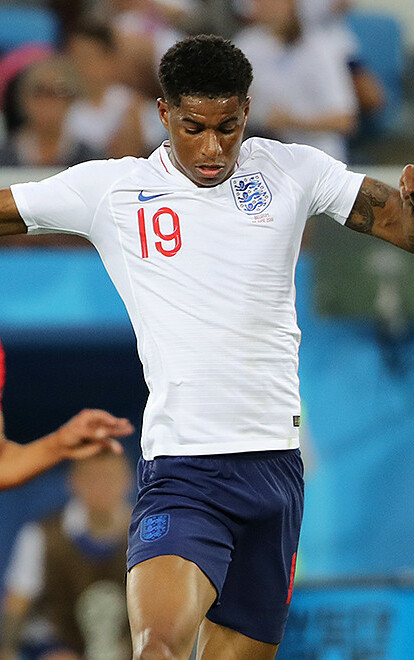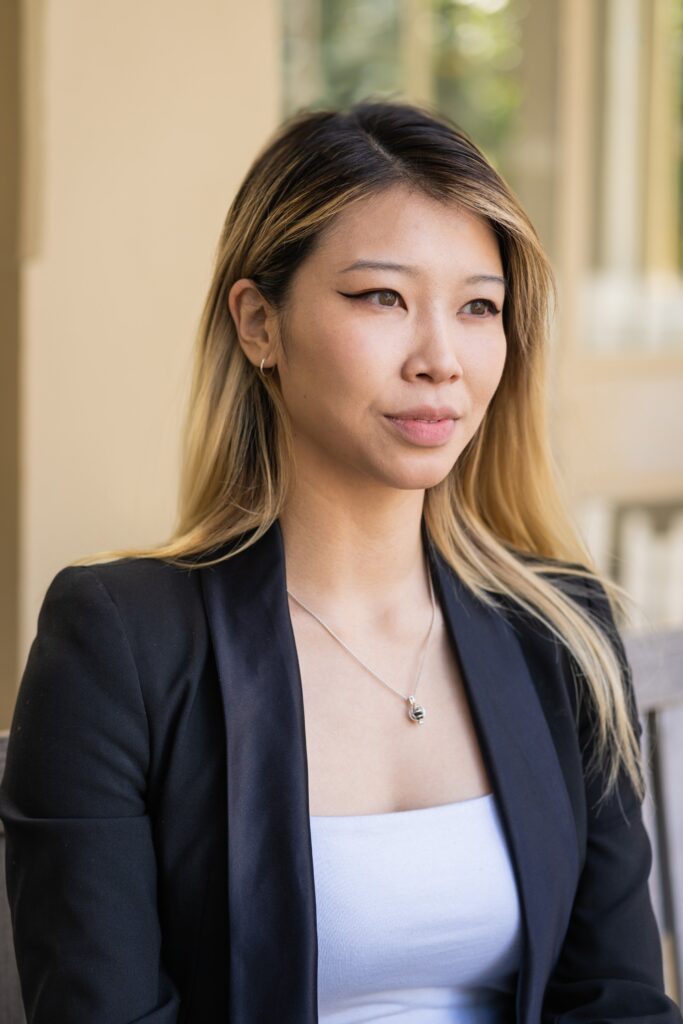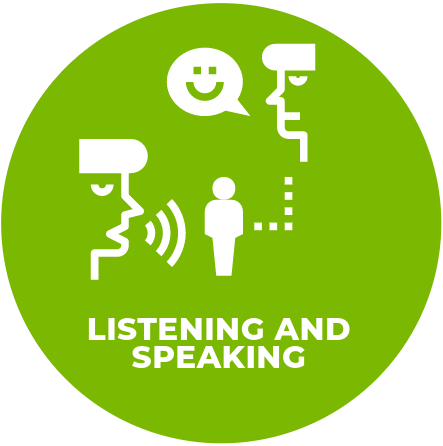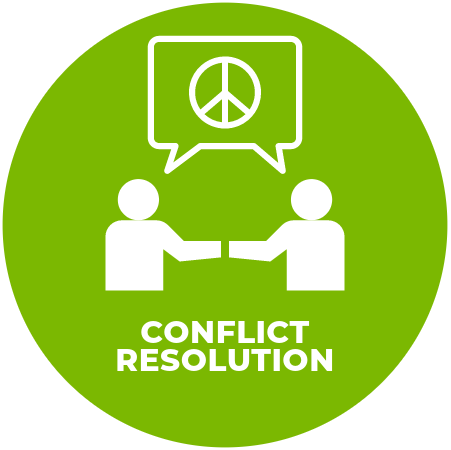Respect for Diversity skills refers to the ability to value and appreciate the differences and unique qualities of individuals from diverse backgrounds, cultures, and perspectives. It involves an open-minded and inclusive attitude towards others, regardless of race, ethnicity, gender, religion, sexual orientation, or abilities. Respect for Diversity involves empathy, tolerance, and the willingness to understand and learn from different viewpoints and experiences. These skills enable individuals to create a respectful and inclusive environment where everyone feels valued and accepted, fostering collaboration, creativity, and a sense of belonging.
“Diversity is the key to innovation. It makes us better, stronger, and more innovative.”
Prime Minister Justin Trudeau
- Respect for Diversity
- Open-mindedness: Willingness to consider and embrace different perspectives and ideas.
- Cultural Competence: Understanding and appreciating diverse cultures, traditions, and backgrounds.
- Empathy: Ability to understand and share the feelings and experiences of others.
- Active Listening: Giving full attention to others, comprehending their messages, and responding thoughtfully.
- Communication Skills: Expressing oneself clearly and respectfully while recognizing and adapting to diverse communication styles.
- Flexibility: Adapting to changing circumstances and different ways of doing things.
- Inclusivity: Ensuring that everyone feels valued and included, regardless of differences.
- Conflict Resolution: Navigating disagreements with sensitivity and finding mutually beneficial solutions.
- Awareness of Bias: Recognizing and addressing personal biases to foster fair and impartial treatment.
- Curiosity: A desire to learn about and understand different cultures and perspectives.
- Patience: Tolerating differences and allowing others the time and space to express themselves.
- Respectful Language: Using language that is inclusive and free from offensive or discriminatory terms.
- Advocacy: Speaking up for individuals who may face discrimination or exclusion.
- Intercultural Competence: Ability to interact effectively with people from different cultures.
- Educating Others: Sharing knowledge about diversity and promoting understanding among peers.
- Team Collaboration: Working collaboratively with individuals from diverse backgrounds to achieve common goals.
- Mentoring: Providing guidance and support to individuals from underrepresented groups.
- Self-Reflection: Continuously evaluating one’s attitudes and behaviors towards diversity.
- Diversity Training: Actively participating in programs that enhance understanding and respect for diversity.
- Leadership: Fostering a culture of diversity and inclusion within teams and organizations.
Examples of Gen Z and Millennials Who Demonstrate Respect for Diversity
“Diversity is not about how we differ. Diversity is about embracing one another’s uniqueness.”
Ola Joseph

Marcus Rashford
Marcus Rashford, an English professional footballer, showcases Respect for Diversity through his advocacy for social change and equality. He has been a vocal supporter of providing meals for underprivileged children and fighting child food poverty. Rashford’s efforts have shed light on the impact of poverty on marginalized communities and have sparked meaningful conversations about social justice and inclusivity. Image: By Кирилл Венедиктов News segment with an interview on his new initiative of getting children reading.

Emily Unity
Emily Unity is an award-winning mental health advocate, software engineer, creative designer, and host of the podcast Multicultural Minds, an initiative to raise awareness of multicultural mental health. She demonstrates exceptional skills in encouraging diversity by actively amplifying the voices of marginalized communities and promoting inclusivity for those dealing with mental ill-health, disability, LGBTQIA+, multiculturalism, neurodivergence, homelessness, and family violence. Informed by her intersectional background, she intertwines her journey with a commitment to breaking down societal barriers, fostering understanding, and championing a more diverse and empathetic perspective on mental health and beyond. Image: https://www.emilyunity.com/ Short video about Multicultural Minds

Millie Bobby Brown
Millie Bobby Brown’s dedication to promoting diversity and her genuine and open approach makes her a positive force for change through her actions and advocacy. As an influential figure in the entertainment industry, she actively uses her platform to champion inclusivity. Millie advocates for diverse representation in media, emphasizing the importance of showcasing a variety of backgrounds and experiences. Her involvement in anti-bullying initiatives underscores her commitment to fostering a culture of respect and acceptance for differences. Millie openly supports LGBTQIA+ rights, using her voice to advocate for equality and understanding. By sharing her personal experiences with anxiety and mental health challenges, she contributes to breaking down stigmas and fostering a more empathetic and supportive environment. Image: Laviru Koruwakankanamge UNICEF speech on Bullying

